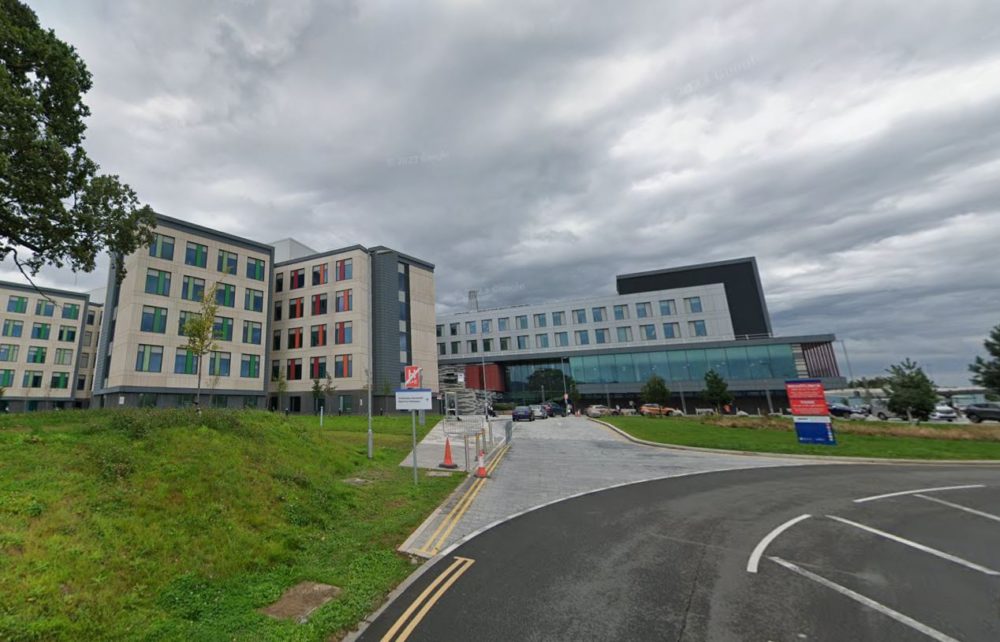Health board misses performance targets despite improvements

Nicholas Thomas, local democracy reporter
Aneurin Bevan University Health Board has said it is “making improvements despite increasing demands”, after figures showed it had missed several performance targets.
Accident and emergency (A&E) waits and times to start cancer treatment were among the key areas it fell short of Welsh Government requirements.
A spokesperson for the health board said “significant pressures” on the NHS remained, and figures for Gwent – while below national targets – were better than the Welsh average in “a number of key areas”.
Wales’ health minister Eluned Morgan has acknowledged the “immense pressure” on the health service and noted some improvements at a national level.
A&E department
The government has also pledged an extra £14 million for the Grange University Hospital to improve its A&E department.
The latest figures for NHS performance in Gwent show:
73% of A&E patients admitted, transferred or discharged within four hours of arriving in January (the target is 95%).
13,112 patient pathways waiting longer than a year for a first outpatient appointment in December.
132,958 patient pathways waiting to start treatment in December, of which 39,946 have been waiting for more than 36 weeks.
62.9% of patients starting their first definitive treatment in the month within 62 days of first being suspected of cancer, in December (the target is 75%).
Commenting on the Gwent figures, the health board spokesperson thanked staff for their efforts and said: “We continue to work hard to reduce waiting list backlogs.
“Despite large numbers of patients on our waiting lists waiting unacceptable lengths of time, we have made good progress in reducing the longest waits and we have the lowest [per capita] number of patients waiting for treatment across Wales.
“Urgent and emergency care continues to be a key pressure point but this is an area of priority focus.
“We are working with our social care partners to address hospital flow issues, which has an effect on waiting times at our emergency department.”
Ambulance service
The latest figures also show continued pressure on the ambulance service, with 5,009 “red” calls – for life-threatening emergencies – across Wales in January, the third-highest on record.
Paramedics reached 48.8% of red calls within eight minutes, short of the 65% government target.
Jason Killens, the chief executive of the Welsh Ambulance Service, said performance had improved on last year, but noted pressure on urgent and emergency care was “resulting in an inability to handover patients at emergency departments across Wales”.
This “continues to be the main reason why we can’t get to patients as quickly as we would like”, he added, urging people to use the NHS 111 phone service for advice and to only call 999 “when someone is seriously ill or injured or their life is in danger”.
Support our Nation today
For the price of a cup of coffee a month you can help us create an independent, not-for-profit, national news service for the people of Wales, by the people of Wales.







